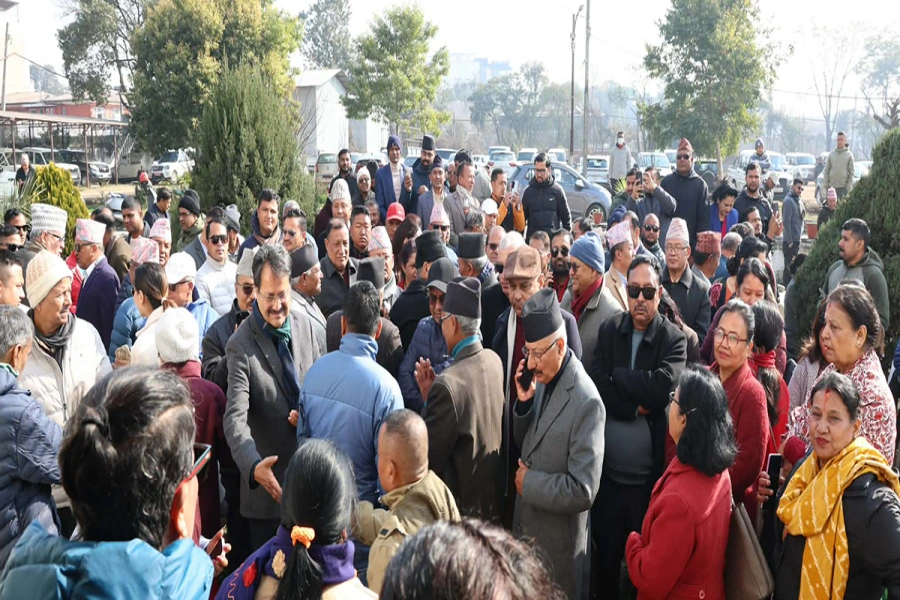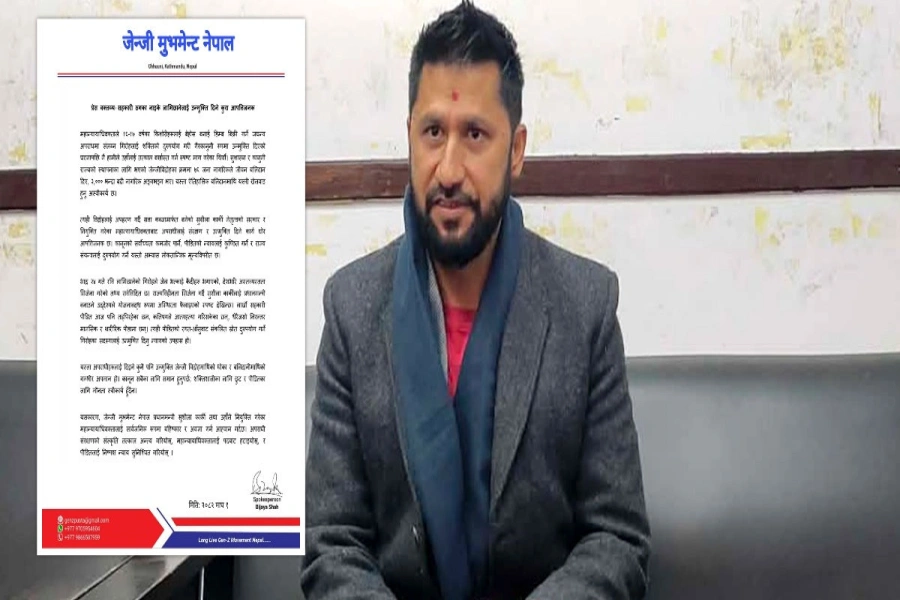The information stored in SMART licenses won’t be accessible to traffic police without card-readers
“Hitesh, wouldn’t it be wonderful if students from a remote part of Dhading were able do a Google search about weather in Afghanistan when there is no teacher in the class?”
This question was put to me by a couple in Boston over Skype. They were thinking of raising funds connect five public schools in Dhading with internet. Nepal was not new to them but the damages wreaked by the 2015 earthquakes had rekindled their love for the country. Over the half-an-hour meeting, I got to know they were already in touch with Mahabir Pun. And they were now seeking suggestions regarding kind of computers and software they should invest in so that the internet magic happens, for real.
Moments later, I found myself questioning whether it is as simple as they thought.
The wonders of internet and information technology in particular are out there for all of us to see. The “exponentially” decreasing prices of the hardware and the internet have given us all the more reason to be optimistic.
However, there are many who argue that the impact of Information Technology varies with place. For instance, IT has had positive impact on education in the West but not in the third world. Here you cannot establish direct causal relationship between IT and educational achievements.
There are those who feel that the third world has not much benefitted much from IT. These ‘cyber pessimists’ do not hesitate to say that the funds that have gone in acquiring technology could have been better used in other sectors. They argue that a system designed for the Western world won’t do us any good. They claim that the first-world representatives in the form of donor agencies fail to appreciate the difference.
In Nepal, we see agencies like the World Bank and the Asian Development Bank contributing to projects like National ID cards and smart licenses and such investments are often wasteful. Take the case of SMART driving licenses.
Here’s how SMART license system was supposed to work and benefit multiple parties. For one, it would increase the life of the cards, benefitting both parties. Second, it would help get rid of counterfeit driving licenses, helping the government. This could have been one reason for initiating the project. However the most important reason for spending millions on smart driving licenses was to make use of such cards as data storage device with all the relevant driver information.
The cards, after many delays, are now in circulation. The product is out. When the dummy cards were unveiled by the then director of Department of Transport Management almost two years ago, he claimed that cards, when scanned, would reveal all the cardholder’s information, including past traffic violations. If you have applied for a new driving license, chances are you get one of these new cards.
So what is the problem?
Multiple problems have surfaced and these flaws have been acknowledged by none other than the authority distributing the cards. Three major flaws are surfaced. One, the relevant software cannot change the heading of the cards. As a result, all cards carry the heading ‘Professional driving license’. In a way, this equates a public bus driver with the owner of a private car.
Second, the cards have a place for an alphabet signifying one of the various categories of vehicles the driver is eligible to drive. What is amiss is the index of what those categories mean. One might argue that these categories already exist in the paper-based licenses, and therefore are self-understood. So it ends up defeating the very purpose of replacing paper-based licenses. The most important implication of this lapse is that these smart licenses would fail to gain any credibility when one tries to use it in any other country.
And third, and seemingly the most careless example of software flaw, is that there is no place to mention the name of the issuing authority. Thus it’s sure to be rejected outside Nepal. Are these the only problems? No.
Whatever little information stored in the cards won’t be accessible to traffic police since they will have no card-readers. Hence, traffic police officers when confronted with a DUI offender would not know how to punish the offender, for the officers certainly can’t punch holes in the card. On a more serious note, the stored data is virtually useless as there is no mechanism to read it.
IT is often hailed as a ‘natural’ panacea to different problems. But we have failed to discern what works for us and what does not. And if something doesn’t work, why isn’t it working? Otherwise we will simply keep spending precious donor money in wasteful IT projects. On the face of it, there is no apparent harm. But there is no benefit either.
NC Gen-Secy Thapa requests PM to cut down wasteful expenses

hiteshkarki@gmail.com







































